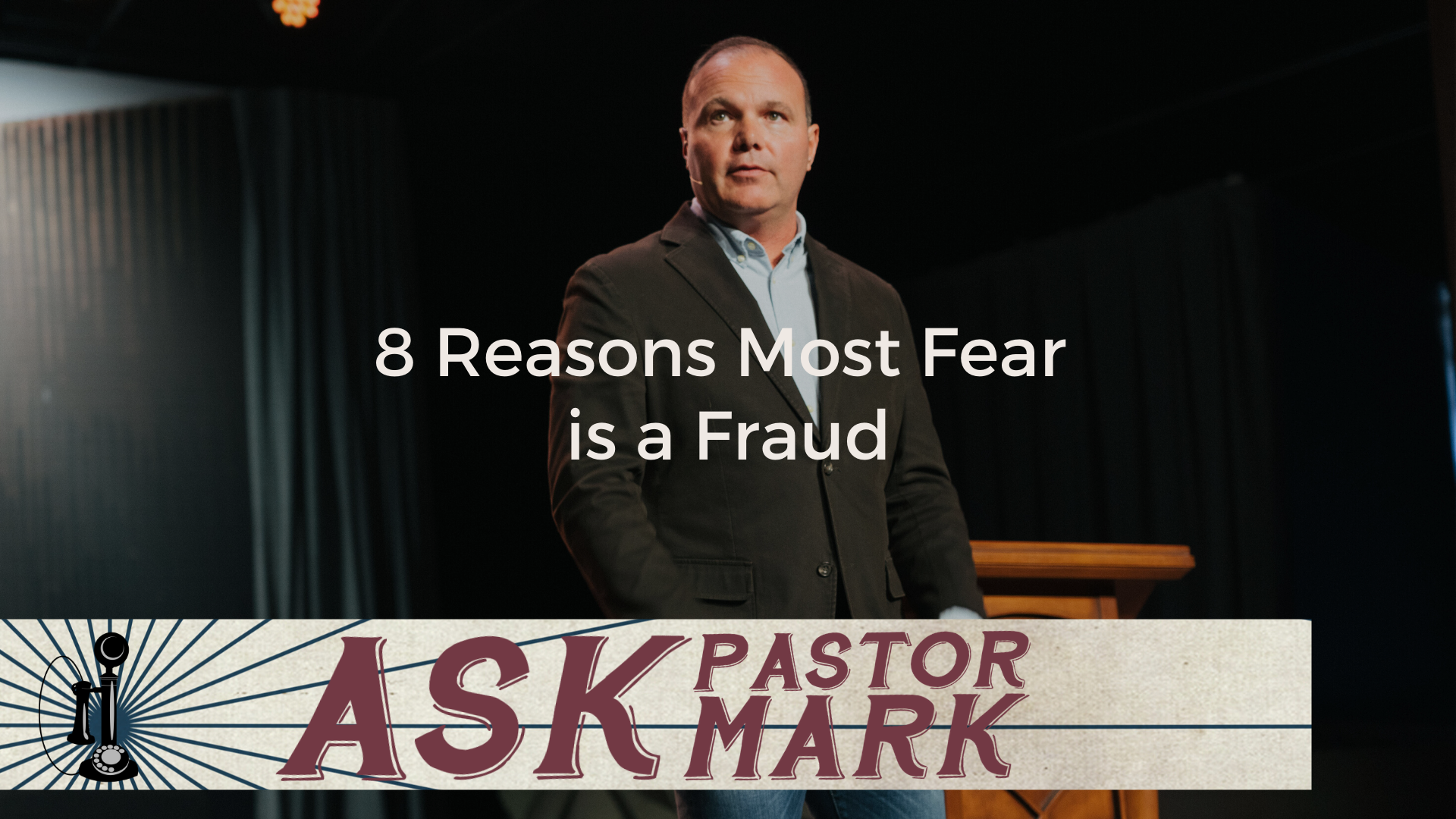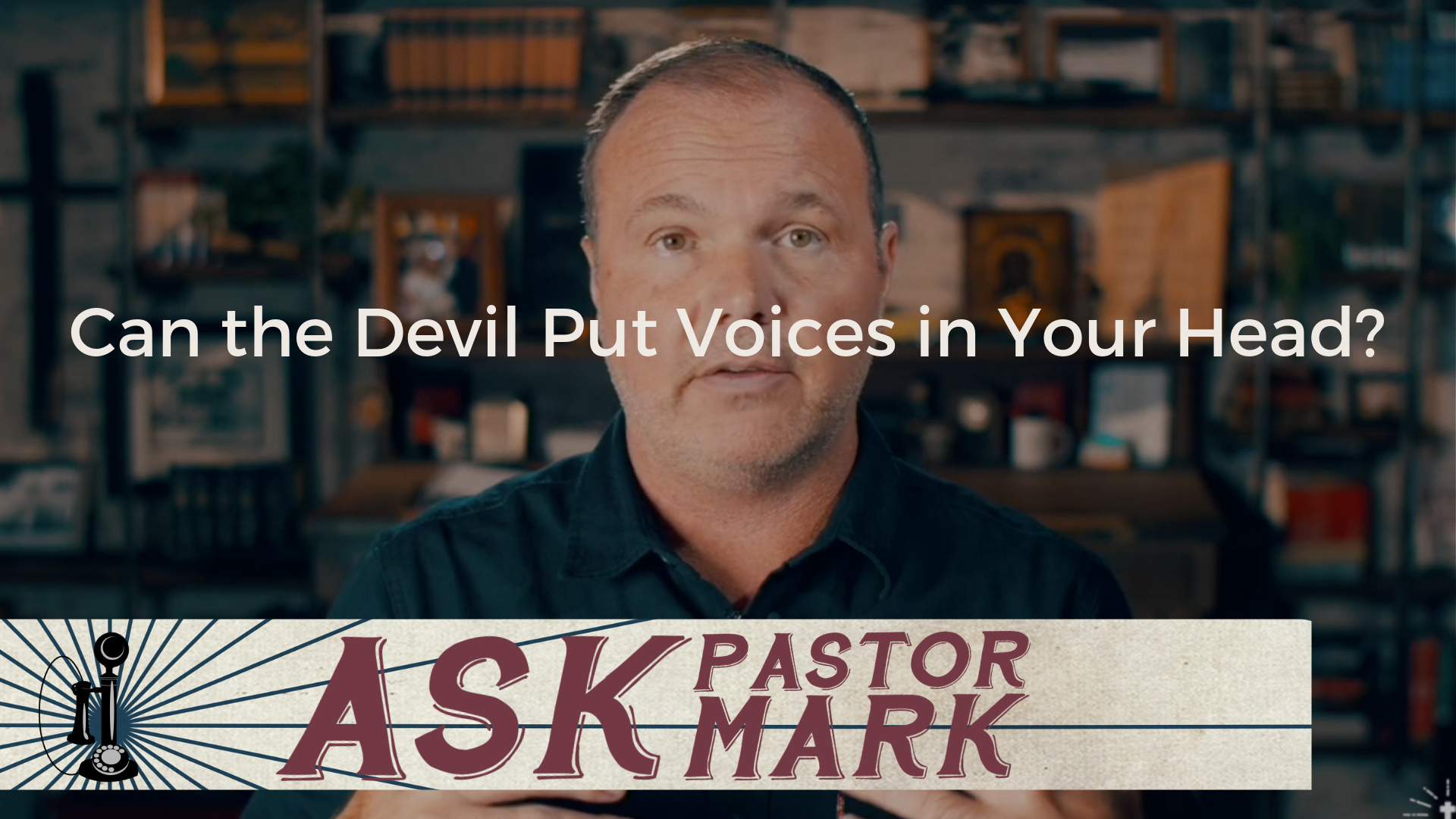Proverbs 28:14 [ESV] – Blessed is the one who fears the Lord always, but whoever hardens his heart will fall into calamity.
Life, like gravity, inevitably pulls you down.
What are the worst experiences of your life? Who has betrayed you the worst and hurt you the most? What has most disappointed and discouraged you? What makes you angry?
My purpose in asking these questions is not to revile you, but rather reveal you. One widely believed myth is that the circumstances of your life determine the condition of your heart. So, if you have had a hard life, you have the right to be a hardened person with a hard heart.
We all get defensive of our hearts, especially when they are hard. When our hard heart is exposed, we quickly tell the tragic tale of the circumstances which caused it. The tragic tale may be entirely accurate and true. Life has things that are unspeakably awful and woeful. Things are so bad Jesus needed to throw Himself headlong into death to break the cycle.
If you do not receive what I am going to now share, your life will not change. The worst day of your past will roll in like a dark cloud over every day of your future. But, if you receive what I will now share, your heart can be changed so that your life can be changed.
Life does not determine the condition of your heart. You determine the condition of your heart.
As a case study, consider the Lord Jesus. No one has experienced the level of hardship that He did. Yet, He did not harden His heart but instead prayed from His heart “Father” and “your will be done”. Jesus heart remained tender toward God, the man being crucified next to Him, and his mother present for the execution. And, on the cross, Jesus did not harden His heart toward you even though it was your sin He was suffering for.
The Puritan Christians long ago had a little proverb that said, “The same sun that melts the ice hardens the clay.” What is true of ice and clay is also true of hearts. If you will seek to be “pure in heart” as Jesus says, and start by bringing your heart (even if it’s hardened) to God for a spiritual heart transplant, He is sure to give you one. God does not want you to be a hardened, jaded, fearful, defensive, non-relational person who has decided that their hard heart would be a good grave to live in emotionally until they enter one physically.
Is there any hardness in your heart? What specifically can you do to bring this into a sacred meeting with God so that your heart can be healed and your life can be changed? Is there any person you would trust as wise counsel to have this conversation with?






